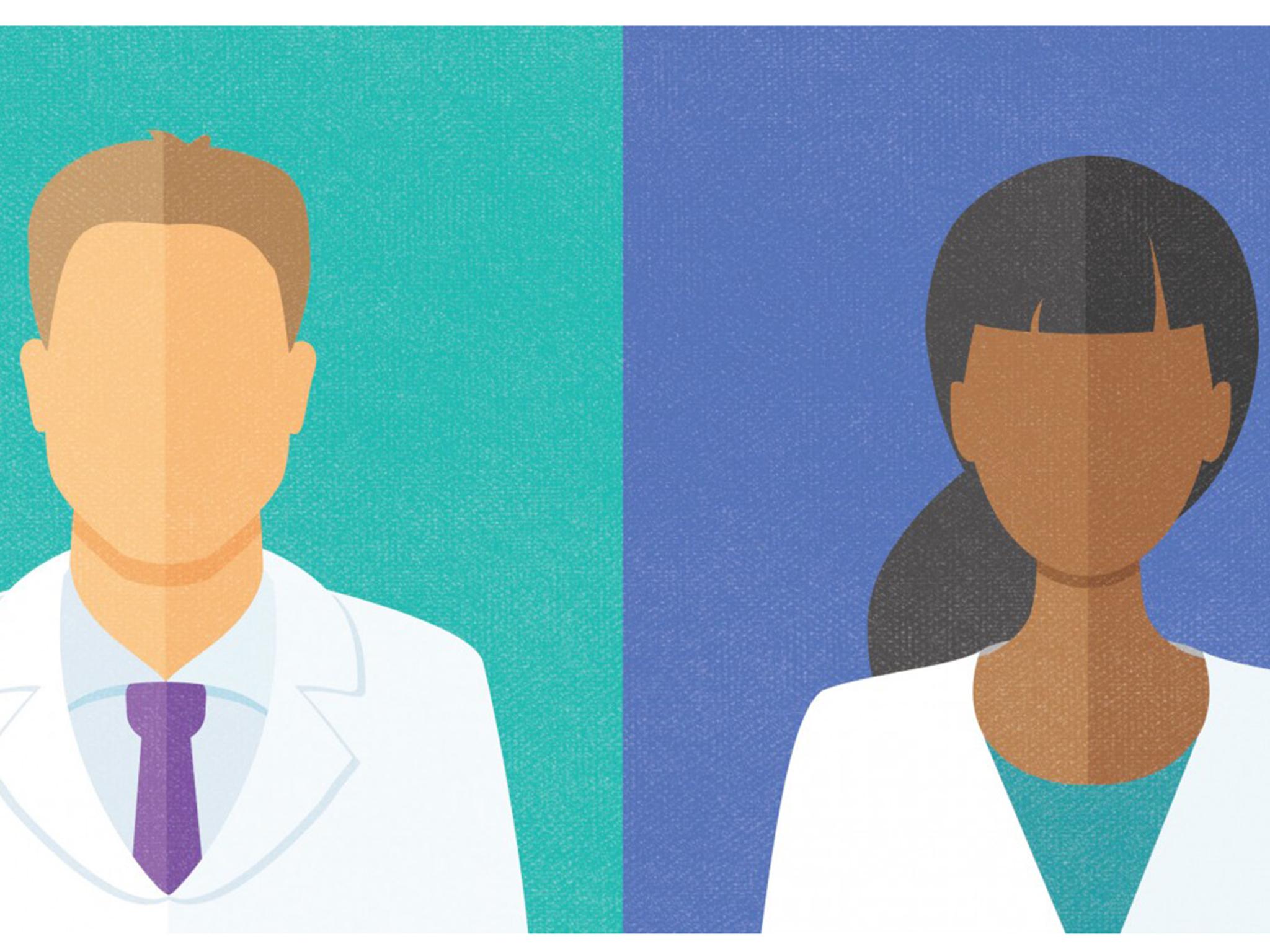Black doctor barred from helping on flight gets an apology - and triggers policy change
Delta changes its requirement on medical credentials in flight

Your support helps us to tell the story
From reproductive rights to climate change to Big Tech, The Independent is on the ground when the story is developing. Whether it's investigating the financials of Elon Musk's pro-Trump PAC or producing our latest documentary, 'The A Word', which shines a light on the American women fighting for reproductive rights, we know how important it is to parse out the facts from the messaging.
At such a critical moment in US history, we need reporters on the ground. Your donation allows us to keep sending journalists to speak to both sides of the story.
The Independent is trusted by Americans across the entire political spectrum. And unlike many other quality news outlets, we choose not to lock Americans out of our reporting and analysis with paywalls. We believe quality journalism should be available to everyone, paid for by those who can afford it.
Your support makes all the difference.In October, physician Tamika Cross took a Delta Air Lines flight home from the wedding of a childhood friend. A man fell ill and a call went out for medical help. But when Cross tried to come to his aid, a flight attendant dismissed the young, black doctor. “We are looking for actual physicians or nurses,” the flight attendant said, according to Cross. The story, shared via Facebook, triggered thousands of comments, and an outpouring of stories from minorities and women who had faced scepticism from people who didn't think they looked like doctors.
Now, Cross's experience has helped trigger changes in Delta policy. As of December 1, the airline has stopped requiring medical professionals to furnish credentials before assisting passengers.
“When situations like the one described by Dr. Cross arise, we have a responsibility to our employees and our customers to review the circumstances and our policies for opportunities to listen, learn and improve,“ said Allison Ausband, senior vice president for In-Flight Service in a statement.
In the immediate aftermath of the incident, Delta put out a statement saying that the airline's policy was to request medical credentials before allowing a sick person to be treated in-flight. Cross did not show her credentials, but another passenger did, the airline said.
Cross saw two problems with that. Medical doctors don't necessarily carry their hospital badge or have a medical licence on hand, particularly if they're flying home from a wedding or going on vacation. And the policy was being implemented inconsistently; Cross had heard from diverse groups of people, who had sometimes been asked for credentials and sometimes not when trying to help sick passengers on flights.
Delta invited her to meet with executives at its headquarters, and Cross went. She asked Wayne Riley, a mentor and past president of the American College of Physicians to come with her. He told Delta executives that he had assisted with passengers in distress on several Delta flights over the years and never been asked to prove he was a doctor.
“Delta found that there is no legal or regulatory requirement upon the airline to view medical professional credentials. And, as it becomes more and more common for medical licences to be verified online, physicians and nurses often do not carry a licence with them and some states no longer issue wallet versions,” the airline said in a statement.

The company will also next year expand its diversity and inclusion training to “frontline employees,” including flight attendants, the statement said.
Cross's story forced out into the open a discussion that has been bubbling under the surface for years, as it has become clear that every day people of colour face unintentional bias. These are different from overtly racist beliefs, but can influence people's behaviour in ways that appear similar. Implicit biases may lead us to make quick assumptions - for example, assuming a doctor will be a white man - even when our rational minds know otherwise.
Cross was hurt and angered by the way she was treated on the flight, but such attitudes are a depressingly common experience. She spoke out because the incident could have put a man's life in danger.
Cross said she's satisfied with the apologies received, including from Delta's chief executive, Ed Bastian. She's pleased that something good could come out of a negative experience.
“I think we were able to get some things changed that were outdated with a major corporation and do things to make other medical professionals feel comfortable offering assistance when they’re 30,000 feet in the air,” Cross said.
The Washington Post
Join our commenting forum
Join thought-provoking conversations, follow other Independent readers and see their replies
Comments